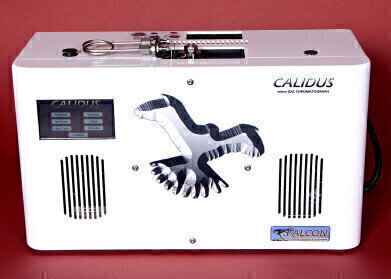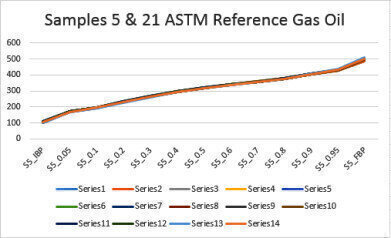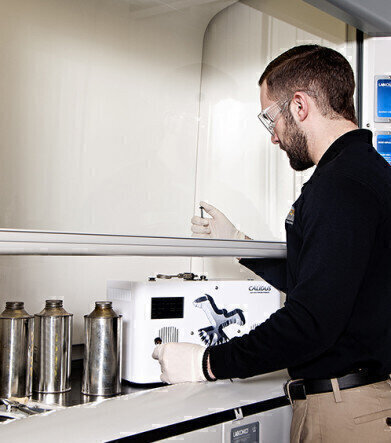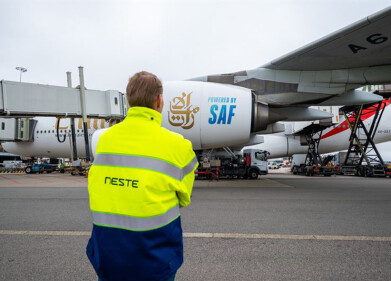Fuel for Thought
The New D7798 Ultrafast SIMDIS Method Provides Much More Than Speed
May 18 2016
Whether you are directly involved in fuel characterisations or not, the new ASTM D7798 (D2887 equivalent) method is important to you.
If you are directly involved in fuel characterisations, D7798 is vitally important to your industry. This ultrafast method can perform simulated distillation nearly six times faster than the previous method (D2887). Obviously, throughput is increased dramatically when the D7798 method is employed.
However, while many believe that speed of analysis is only about increased throughput, the kind of speed made possible by D7798 also enables superior repeatability and reproducibility. In turn, tighter control parameters with very high confidence are made possible and practical.
With improved repeatability and reproducibility, technical staff can spend less time on misleading, analytical variance and more time on true process variance and related product quality analysis.
These 'secondary' but perhaps more significant benefits of increased analysis speed were demonstrated clearly during the Interlaboratory Study of D7798.
Click here for detailed information from the Interlab Study of D7798.
D7798 information is also available online.
Conversely only bad things happen with more analysis time. Increased analytical cycles usually translate into more variability and poorer performance, in the analytical measurement and in the process itself.
If you are not directly involved in fuel characterisations the global value of the D7798 method may be even more significant to you.
Crude oil is a valuable and vital resource in our lives. Crude is refined to create fuels, petrochemicals and further refined chemicals that are processed into many widely used industrial and consumer products.
Fuel product quality in particular is defined by the boiling range distribution derived from the D7798 method. More repeatable and reproducible measurements translate into tighter control tolerances. Tighter control tolerances produce better products and reduce costs.
Better control also enables conservation of feedstock and process resources, resulting in greener operations all around. If we can squeeze more product from a barrel of crude, two things can happen: there is more for someone else to use, or consumption of the valuable and vital resource is reduced.
The use of power and other process resources is also reduced and better process control means these resources are used more efficiently.
At the bottom line for the refiner, the user and the environment . . . D7798 means waste not, want not and the world gets a little greener every time the method is applied.
Falcon Analytical played an integral role in the development of the D7798 Ultrafast SIMDIS Method and D7798 is employed by Falcon’s own CALIDUS Gas Chromatograph.
Interested parties can learn more about the D7798 method by contacting Falcon Analytical; Tel: +1.304.647.5860; fax +1.304.647.3743; or website.
Digital Edition
PIN 25.1 Feb/March
March 2024
In This Edition Safety - The technology behind the ION Science Tiger XT - Safety with ammonia and LOHCs as hydrogen carriers Analytical Instrumentation - Discussion on new tribology te...
View all digital editions
Events
Apr 28 2024 Montreal, Quebec, Canada
Apr 30 2024 Birmingham, UK
May 03 2024 Seoul, South Korea
May 05 2024 Seville, Spain
May 06 2024 Riyadh, Saudi Arabia




















